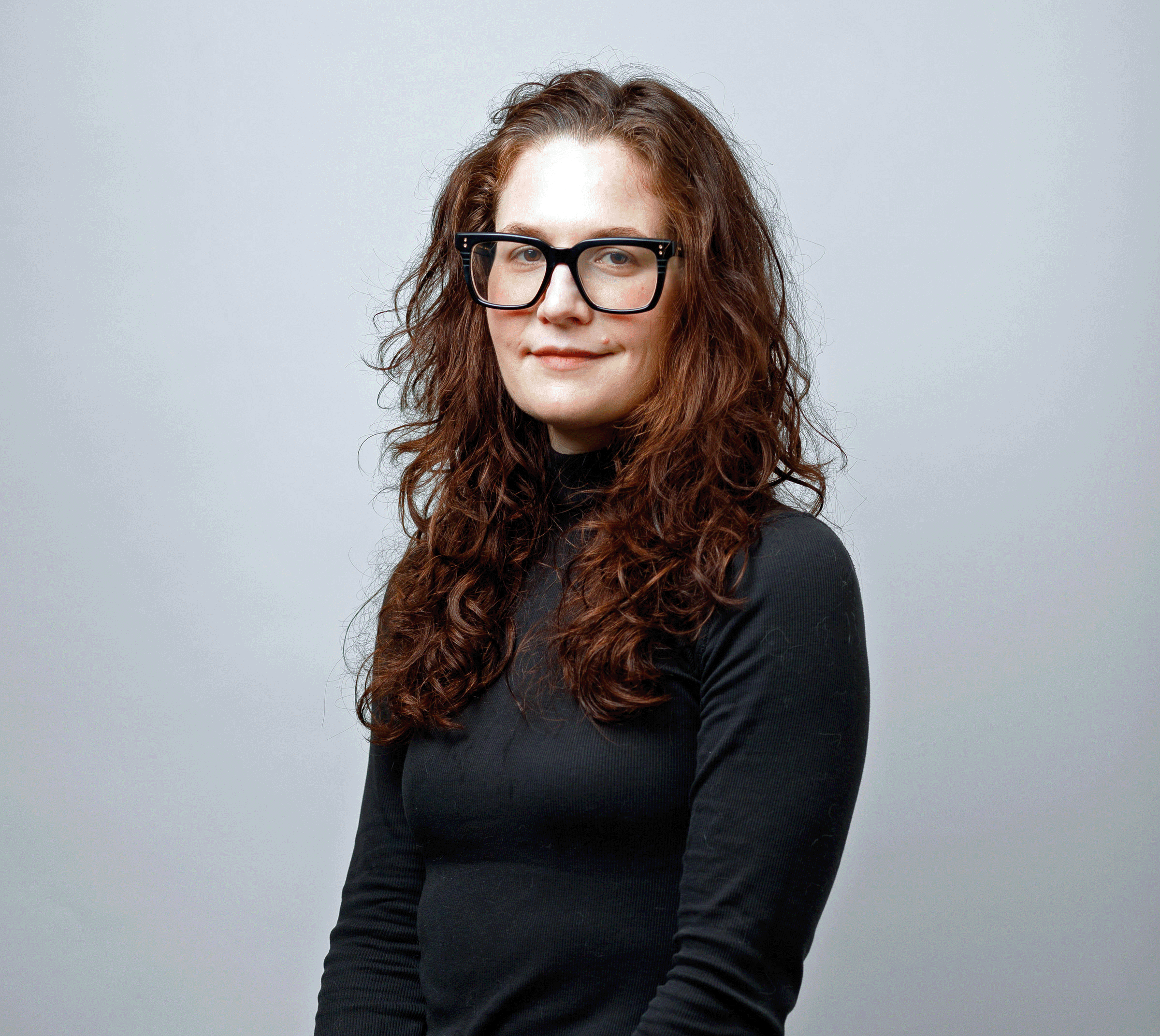Corinna Kirsch
Visiting Assistant Professor

Biography
Corinna Kirsch is a historian of art, environment, and computation, specializing in systems and intermedia art practices of the 1960s and 1970s and their afterlives in present-day forms of digital media, art, and activism. Her academic writing has appeared in Art Journal, IEEE Annals of the History of Computing, and Panorama. She previously served as the O’Brien Curatorial Fellow at the Weisman Art Museum, the University of Minnesota Twin Cities, where she organized an exhibition on the artist Käthe Kollwitz and a collections-based show on the theme of silence in art. Overall, her work as a scholar, curator, critic, and educator is united by an ongoing interest in the material analysis of socio-technical imaginaries, which has led to publications that have addressed computation and climate change within aesthetic contexts.
For her PhD, she completed a dissertation on the conceptual artist Les Levine, “Les Levine: Disposable Art, Technology, and Media, 1964–1971,” the first to be published on the artist in the English language. Recent and forthcoming publications include “The Disposables: Critical Plastic for Art Reform” (Art Journal), “Hot Software: Towards a Thermopolitics of Art and Technology” (Leonardo), and “Who Is Able to Scan the White Cube? QR Codes, Disability, and Museums” (Precog). Along with Rebecca Uliasz, she is guest editing a special issue on new media and climate for Media-N, the journal of the New Media Caucus of the College Art Association.
Education
B.A., University of Texas at Austin; M.A., School of the Art Institute of Chicago; Ph.D., Stony Brook University, the State University of New York
Publications and Projects
Journal Articles
Corinna Kirsch, “The Disposables: Critical Plastic for Art Reform,” Art Journal 83, no. 2 (Fall 2024): 60–75, https://doi.org/10.1080/00043249.2024.2367910.
Corinna Kirsch, “Hot Software: Toward a Thermopolitics of Art and Technology,” Leonardo 58, no.3 (August 2025), 1–19, https://doi.org/10.1162/leon_a_02614. [forthcoming]
Corinna Kirsch, “A Three-Person Teaching Machine Designed for Crisis: The Geromat III in Berlin and Ulm,” IEEE Annals of the History of Computing 42, no. 4 (October/December 2020): 39–52, https://doi.org/10.1109/MAHC.2020.3022271.
Corinna Kirsch and Rebecca Uliasz, “Introduction: Media and Climate,” Media-N 21, no. 1 (2025), 1–19, https://iopn.library.illinois.edu/journals/median/article/view/1893/1512.
Criticism
Corinna Kirsch, “The Strange Sublime of Video and Nature,” The Public Review, January 20, 2025, https://www.thepublicreview.org/.
Interviews and Book Reviews
Corinna Kirsch, “Martin Wong: Human Instamatic,” Panorama 2, no. 1 (Summer 2016), https://doi.org/10.24926/24716839.1550.
Tega Brain, Corinna Kirsch, Sam Lavigne, and Rebecca Uliasz, “Sabotage, Implementation, and Expanded Geo-engineering: An Interview with Tega Brain and Sam Lavigne on Collaborative Practice,” Media-N 21, no. 1 (2025), 111–118, https://iopn.library.illinois.edu/journals/median/article/view/1897.